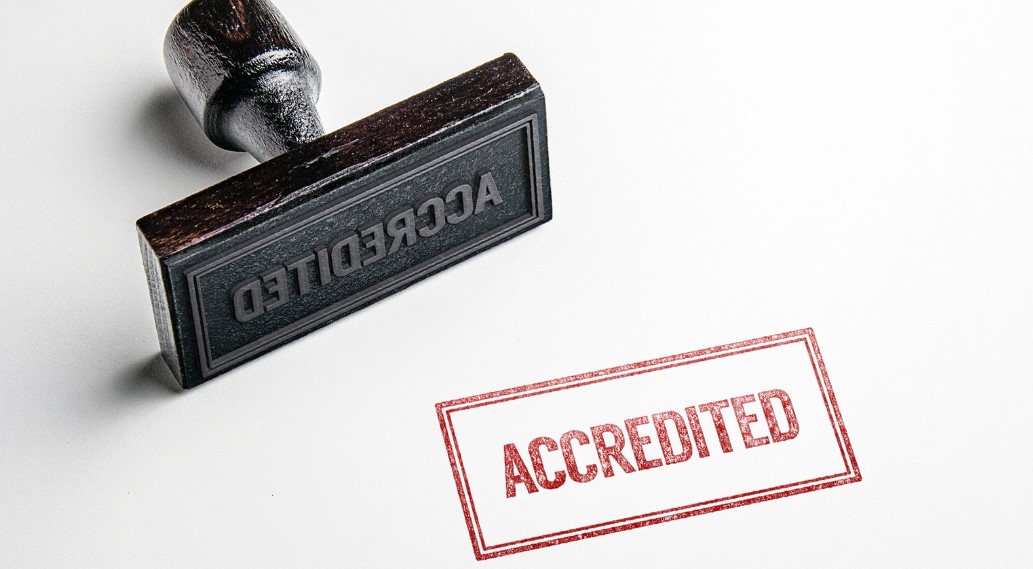
Specialty pharmacy accreditation plays a critical role in ensuring high standards of care and service in the management of complex and specialized medications. This article explores the significance of specialty pharmacy accreditation, its benefits, and its impact on patient outcomes and healthcare quality. For more detailed information, you can visit pafikaranganyarkota.org.
Definition and Purpose
Specialty pharmacy accreditation is a voluntary process that evaluates pharmacies specializing in dispensing complex medications for chronic and rare diseases. Accreditation ensures that pharmacies adhere to rigorous standards of clinical practice, patient care, operational efficiency, and regulatory compliance.
Benefits of Accreditation
Accreditation provides several benefits to specialty pharmacies, healthcare providers, and patients:
- Quality Assurance: Accreditation verifies that pharmacies meet or exceed industry standards for medication handling, storage, dispensing, and patient counseling, ensuring consistent quality of care.
- Patient Safety: Accredited pharmacies prioritize patient safety through rigorous medication management protocols, including comprehensive patient education, adverse event monitoring, and medication adherence support.
- Improved Outcomes: Accreditation promotes better patient outcomes by ensuring that pharmacists have the expertise and resources to manage complex therapies effectively. This includes personalized care plans, therapy monitoring, and patient follow-up.
- Enhanced Reputation: Accreditation enhances the pharmacy’s reputation and credibility within the healthcare community and among patients, demonstrating a commitment to excellence and quality care.
- Operational Efficiency: Accredited pharmacies optimize operational processes and workflows, leading to improved efficiency in medication dispensing, inventory management, and customer service.
Accreditation Standards and Criteria
Accreditation standards for specialty pharmacies typically include:
- Clinical Services: Evaluation of clinical staff qualifications, patient assessment processes, and clinical interventions.
- Operational Practices: Assessment of medication handling procedures, storage conditions, inventory management, and emergency preparedness.
- Patient Management: Review of patient counseling, education programs, adherence monitoring, and adverse event reporting.
- Quality Improvement: Implementation of quality assurance measures, performance metrics, and continuous improvement initiatives.
- Regulatory Compliance: Ensuring compliance with state and federal regulations, including licensure requirements, HIPAA regulations, and specialty pharmacy accreditation standards.
Accrediting Organizations
Several accrediting organizations oversee specialty pharmacy accreditation, including:
- Accreditation Commission for Health Care (ACHC)
- Center for Pharmacy Practice Accreditation (CPPA)
- URAC (formerly known as Utilization Review Accreditation Commission)
These organizations assess pharmacies against established standards and provide accreditation based on compliance with rigorous criteria.
Conclusion: Upholding Excellence in Specialty Pharmacy
Specialty pharmacy accreditation is essential for ensuring quality, safety, and excellence in the management of specialized medications. By adhering to accreditation standards, specialty pharmacies demonstrate their commitment to delivering superior patient care, improving outcomes, and maintaining high standards of professionalism and service in the healthcare industry.
